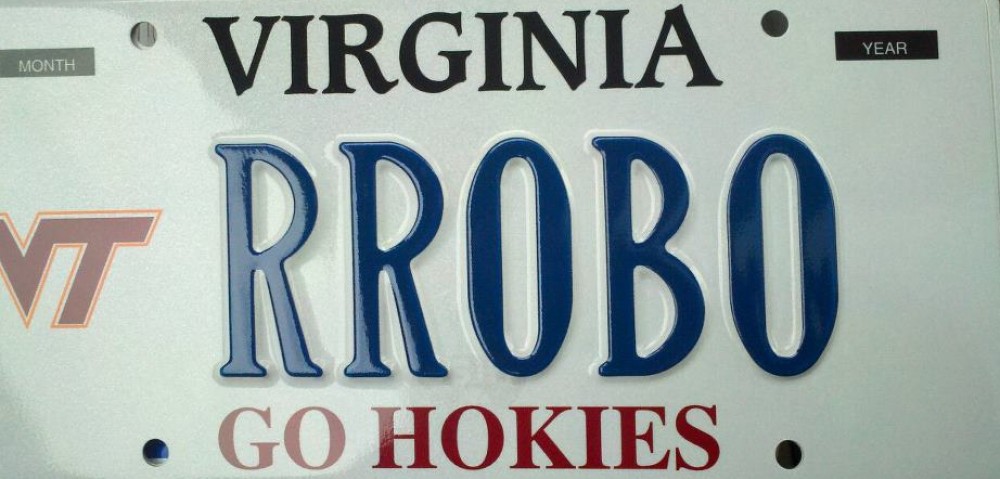First of all, what a read.
This book, Hunters, Herders, and Hamburgers is so interesting, and just after a week of reading it I am already finding myself either quoting it or introducing it’s logic in my conversation. There are so many different things to talk about, so I’m going to go right into it. I consider myself to be a post-domestic type of person. I definitely feel the guilt for the mass onslaught of animals born and raised on factory farms to live for one purpose: get nice and fat, then sold for a high price and killed for human gain. The thing is, however, I can’t stop myself from eating the meat, milk, eggs, and other products they provide us with. It’s too damn good.
To put the idea of domestic vs. post-domestic societies in a different perspective, consider this: I have an Indian roommate, who is of Hindu decent. Another roommate of mine is of Irish decent. One day we got on the topic of vegetarian diets and my Irish roommate said simply, “that’s stupid.” My Indian roommate (who eats all types of meat), was slightly offended by it, being that many Hindus do not eat meat. Could this, itself, be an almost spot on representation of domestic vs. post domestic living styles?
The world is slowly shifting to a more “post-domestic” way of life. I love the movie examples Bulliet used when talking about it, such as the 1970’s remake of the 1930’s original King Kong showed the girl showing affection towards the beast that abducted her (before she hated the kidnapper). Humans are slowly but surely shifting their mindsets of domestic societies to post domestic societies, mainly by showing their ever growing for animals, and as Bulliet pointed out, mammals especially. Its’s just a proven fact that a person might get more teary eyed over a lost dog, versus a lost gold fish (although my sister cried her eyes out when her Beta fish died?)
I like how Bulliet separated all known life into the stages dealing with the domestication of animals. You got your pre-domestic age: before the domestication of animals, generating the hunter/gatherer tribes Diamond told us about. Then we have Domestication: when we started harboring animals, breeding and feeding, and so on. Finally, the unreached, yet not unobtainable stage of post-domestication. But this all had to come about after humans realized they were smarter and more adept than animals, and had to separate themselves.
Bulliet denotes 3 main points as to how humans seperated themselves from the rest of the animal kingdom. One point was that human sexual awareness played a key role. We could control who we wanted to breed with, and that like. Another point was the meat intake humans have. In particular, our hunting and use of tools that allowed us to obtain meat. Finally, speech was the 3rd point. Humans have the ability to connect with one another in ways animals cannot. We mimic other animals, sing songs, and form different shapes with our mouths to produce sounds animals couldn’t imagine producing.
I’m ending this blog on a quote in this book I found quite interesting about vegetarianism and veganism, and it had me pondering:
“The human digestive system and physiology cannot be fooled by squeezing a diet from a moral. We are omnivores: our intestines and teeth attest to this fact.”
More importantly, our taste buds attest as well.

I tend not to write a ton of remarks, but i did a few searching and wound up here %BLOGTITLE%. And I do have some questions for you if it’s allright. Is it simply me or does it look as if like some of these remarks come across like they are left by brain dead individuals? 😛 And, if you are posting on additional social sites, I’d like to follow everything new you have to post. Could you make a list of every one of your public pages like your Facebook page, twitter feed, or linkedin profile?
の【楽天市場】